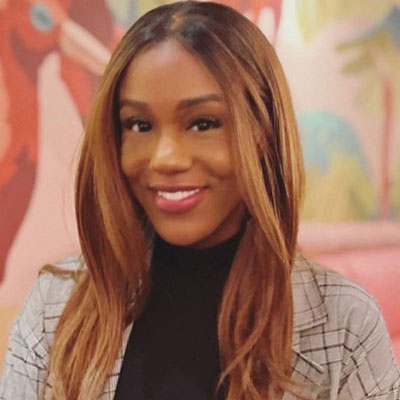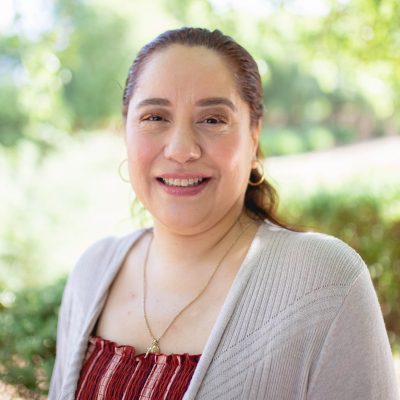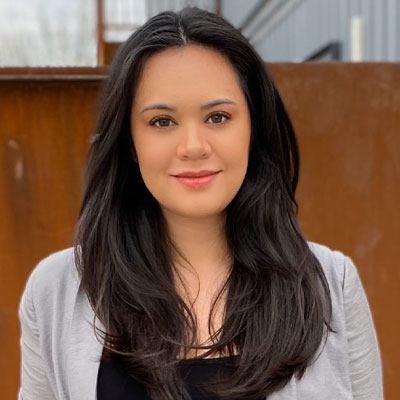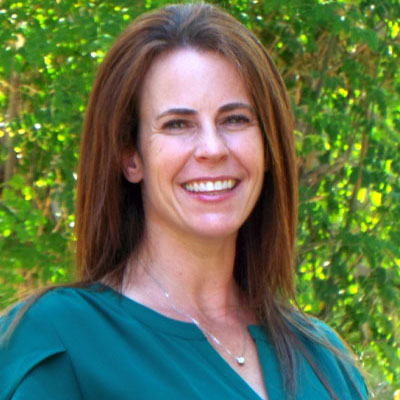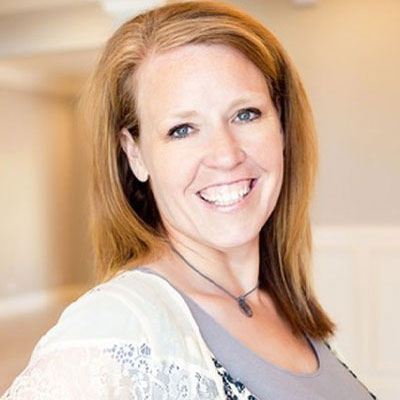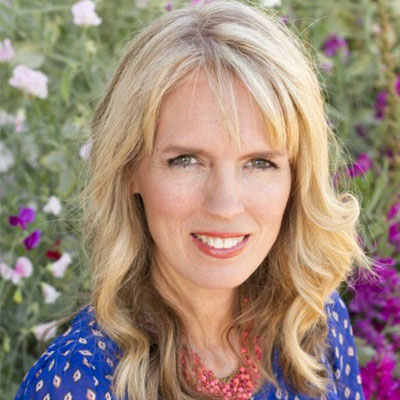Grief and Loss

Grief and loss are an inescapable part of the human experience. Grief is experienced as prolonged sadness related to loss. It is typically associated with death, however it can also be due to the loss of a living person or person or relationship, loss and regret over experiences or unmet expectations, or even experiencing the loss of desire or hope. Grief tells us what matters most to us in life and that we care.
Symptoms of grief may include:
- profound sadness
- loneliness and isolation
- Anger
- denial
- depression
- anxiety
- shutting down
There is no “normal” timeframe or way to cope with grief and loss. However, if you are finding that your grief is not improving or that it continues to interfere with your everyday life, grief counseling can help you better cope with the physical, emotional, mental, social and spiritual responses to loss.
At Arizona Connection Counseling we consider it an honor to walk with you through the sacred space of healing through grief. Our mission is not to numb your grief or let go of your loss, but rather to help you make meaning in a way that leads to eventual healing.


